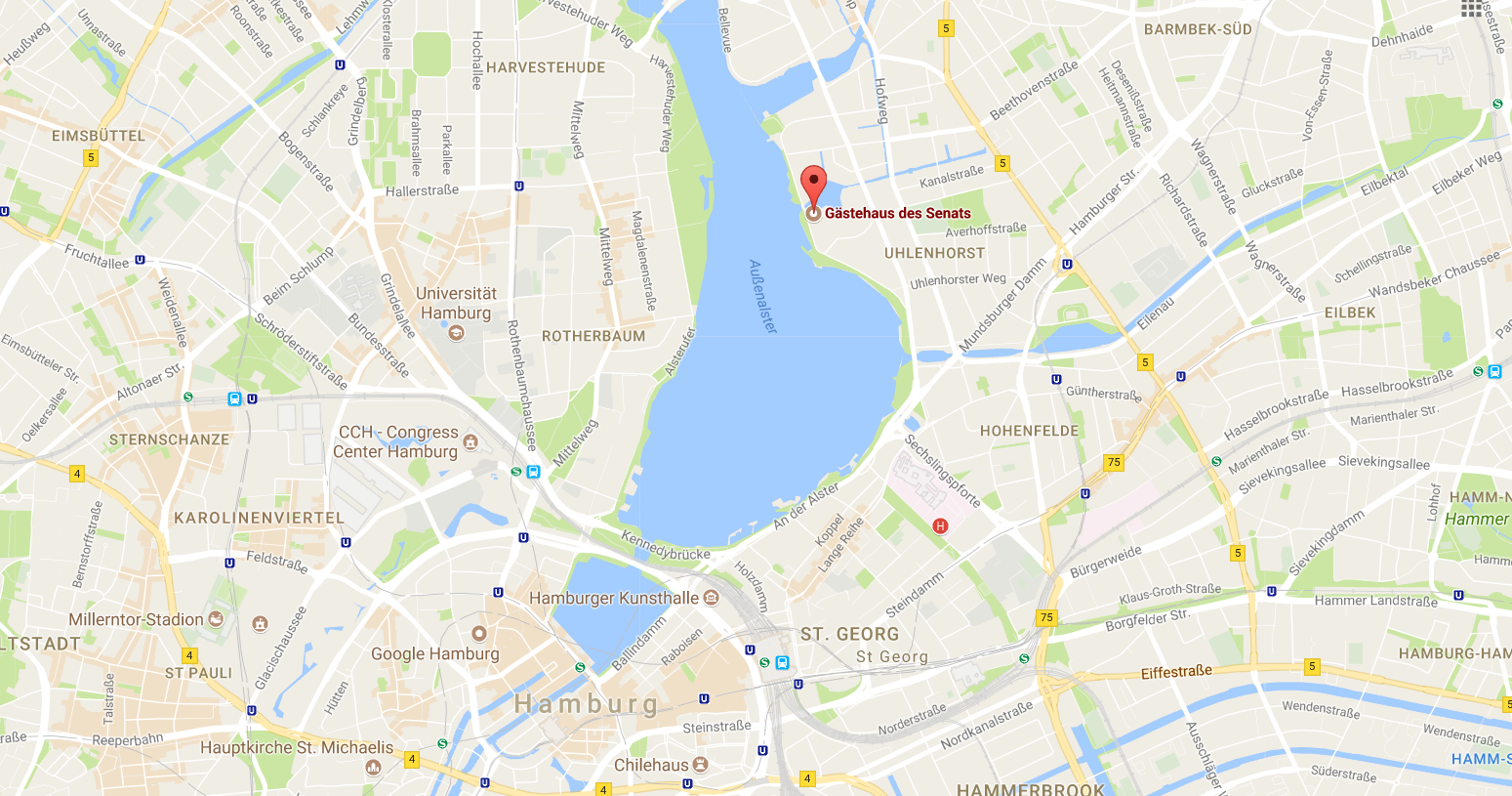On July 7th and 8th, world leaders will gather in Hamburg, Germany, for this year’s G-20 summit.
Next week, I’ll write about the issues facing the summit. Today, however, I want to address another challenge facing attendees: Security.
After all, securing leaders such as Trump, Putin, Macron, Erdogan, and Xi Jinping is complicated at even the best of times. Recognizing this, in recent years, G-20 summits have been held at isolated hotels that are easier to secure.
This year, Chancellor Merkel had different ideas. She wanted a city summit. Hosting this G-20 in the middle of a major German city, Hamburg, Merkel has thrown a curve ball at security officials, creating a number of challenges.
First off, there’s the protester threat. For one, German authorities are apparently concerned that anarchists will launch helium balloons and drones so as to obstruct delegations from landing at Hamburg’s airport. They also believe that around 10,000 violent protesters will travel to Hamburg to cause chaos.
While these individuals do not pose as serious a risk to life as say, the Islamic State (which has an active presence in Germany), they do pose a threat. Some are linked to violent left-wing terrorist groups, many are simply committed to violent disruption. A special concern here is Germany’s combustible mix of Kurdish and Turkish nationalists. If those groups meet, violence will follow. Regardless, German authorities must ensure that protest groups of any kind do not create chaos on Hamburg’s streets, and are kept away from world leaders.
Second, there’s the challenge of more organized groups attempting to breach the summit’s various security containment zones. These zones are set up around the hotels and summit locations that will host the delegations. And they are always a target for infiltration. The risk here is twofold, involving overt attacks (individuals storming checkpoints or walls), and covert infiltration (individuals using fake IDs or police uniforms etc., to gain access).
This challenge cannot be understated. It has happened before. At the 2007 APEC summit in Australia, for example, an Australian TV crew were able to sneak up to President George W. Bush’s hotel. In response, the Germans will employ a layered security environment. Local police will form the outer cordon and federal police the inner cordons. Each checkpoint will demand delegates show their credentials before being allowed access.
Third, there’s the specific threat facing President Trump. This begins with Trump’s location of stay during the summit. The German press has reported that Trump will be staying at the Hamburg’s senate guest house (as below).

While luxurious, the guest house is on the waterfront of the Outer Alster lake. The location is security-advantageous in that the lake acts as a physical barrier, but it also poses challenges due to its significant visibility. Moreover, German authorities also know that Trump’s threat profile reaches across the threat spectrum, from ISIS to anarchists to environmentalists etc.
In response, the U.S. Secret Service will probably have demanded a large, fixed containment zone around Trump. His motorcade route to the Congress Center (where the G-20 meetings will be held) is also likely to be on permanent lockdown. Elements of Germany’s elite federal Special Forces unit, GSG-9, are also likely to be attached to Trump’s detail in a Counter Assault Team role.
Fourth, there’s the threat posed by unprofessional or overly aggressive foreign security details. One country stands out: Turkey. As I’ve explained previously, the Turkish presidential security service is profoundly unprofessional. Its recent thuggery outside the Turkish embassy in Washington is just the tip of the iceberg. The Germans must worry that if protesters are able to get close to the Turkish President, Recep Tayyip Erdogan, his security detail may completely overreact and cause a diplomatic and domestic incident for Chancellor Merkel.
Ultimately, this summit poses much more of a security challenge than others in previous years.
Still, there is an absolute positive: German security forces, especially at the higher-end, are exceptional.
